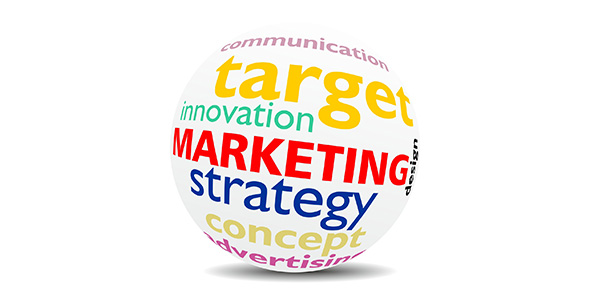Related Flashcards
Related Topics
Cards In This Set
| Front | Back |
|
ETHICAL DILEMMA
|
The quandary people find themselves in when they have to decide if they should act in a way that might help another person or group even though doing so might go against their own self-interest
|
|
ETHICS
|
The inner guiding moral principles, values, and beliefs that people use to analyze or interpret a situation and then decide what is the "right" or appropriate way to behave
|
|
STAKEHOLDERS
|
The people and groups that supply a company with its productive resources and so have a claim on and stake in the company
|
|
RULES FOR ETHICAL DECISION MAKING
|
-Moral Rights Rule-Practical Rule-Justice Rule-Utilitarian Rule
|
|
MORAL RIGHTS RULE
|
An ethical decision should maintain and protect the fundamental rights and privileges of people
|
|
PRACTICAL RULE
|
An ethical decision should be one that a manager has no hesitation about communicating to people outside the company because the typical person in a society would think the decision is acceptable
|
|
JUSTICE RULE
|
An ethical decision should distribute benefits and harm among people in a fair, equitable, and impartial manner
|
|
UTILITARIAN RULE
|
An ethical decision should produce the greatest good for the greatest number of people
|
|
TRUST
|
The willingness of one person or group to have faith or confidence in the goodwill of another person, even though this puts them at risk
|
|
REPUTATION
|
The esteem or high repute that individuals or organizations gain when they behave ethically
|
|
SOCIETAL ETHICS
|
Standards that govern how members of a society are to deal with each other on issues, such as fairness, justice, poverty, and the rights of the individual
|
|
PROFESSIONAL ETHICS
|
Standards that govern how members of a profession are to make decisions when the way they should behave is not clear-cut
|
|
INDIVIDUAL ETHICS
|
Personal values and attitudes that govern how individuals interact with other people
|
|
ETHICS OMBUDSMAN
|
An ethics officer who monitors an organization's practices and procedures to be sure they are ethical
|
|
DIVERSITY **
|
Differences among people in age, gender, race, ethnicity, religion, sexual orientation, socioeconomic background, and capabilities/disabilities
|





